Women, through every century, have managed to surprise humanity leaving a lasting impact behind through their expressions and art. Tracing back to the time when they were deprived of education or to be vocal about how they felt, women writers continue to amaze us with their literary works. Using pseudonyms and disguising themselves as men, the brilliance of their creations still calls for numerous interpretations, inspiring women to date.
This blog is dedicated to inspiring women who chose not to stay mum and contributed brilliantly to literature. While the list is almost never-ending, we here have picked up the five most prominent women writers of all time for you:
Jane Austen (1775-1817)
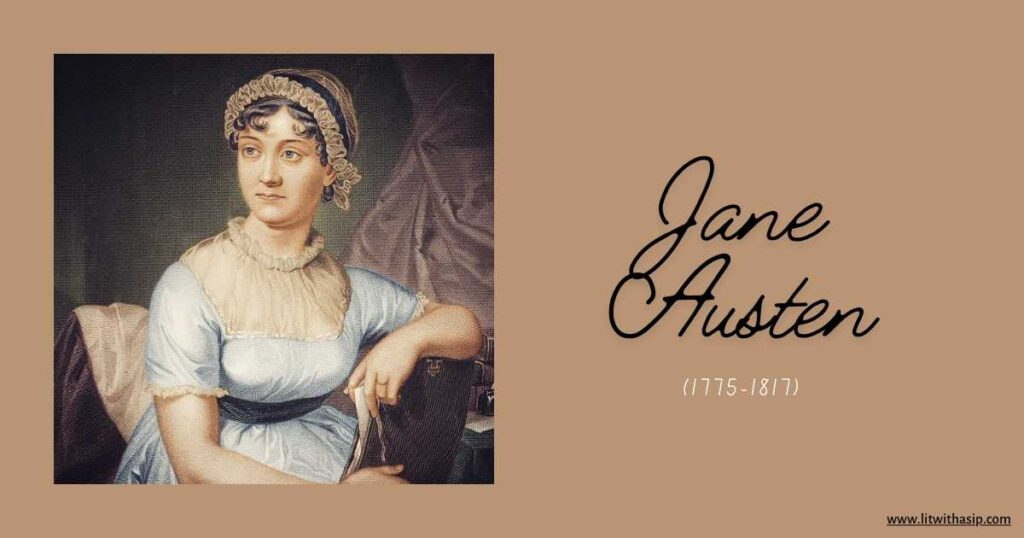
Jane Austen, one of the most celebrated women writers in literature, is known for her writing style and her feminist approach to satirizing 18th-century England. Her writing is recognized for its wit, irony, and keen observation of social manners and relationships. Her novels are known for their sharp insights into human nature, often adorned with themes like love, courtship, and a woman’s role in the household. “Pride and Prejudice”, one of the most excellent classics ever written, is Austen’s creation. Her other notable works include “Emma”, “Lady Susan”, “Mansfield Park”, “Northanger Abbey”, “Persuasion”, and “Sense and Sensibility”.
Jane Austen’s first work, “Sense and Sensibility,” was published anonymously in 1811 under the pseudonym “A Lady.” This decision was not of her choosing but was made by her publisher. At the time, it was not uncommon for female authors to publish anonymously or under pseudonyms to shield themselves from societal judgment and to ensure their works were taken seriously. Austen’s anonymity allowed her to navigate the literary world with greater freedom, focusing attention solely on her writing rather than on her gender or social status. Despite the initial anonymity, “Sense and Sensibility” was well-received, and Austen soon emerged as a talented and insightful writer, ultimately making a lasting impact on English literature.
Austen’s works provide a window into Regency-era England, highlighting social norms, class distinctions, and the limited options available to women in her time. She often critiqued societal expectations and the constraints placed on women, offering astute observations on marriage, money, and morality. Her narrative techniques, including free indirect discourse (a method of presenting a character’s thoughts within the text), have influenced subsequent novelists. Her works have been adapted into numerous films, TV series, and plays, ensuring her stories reach wider audiences and remain relevant in popular culture.
Charlotte Brontë (1816-1855)
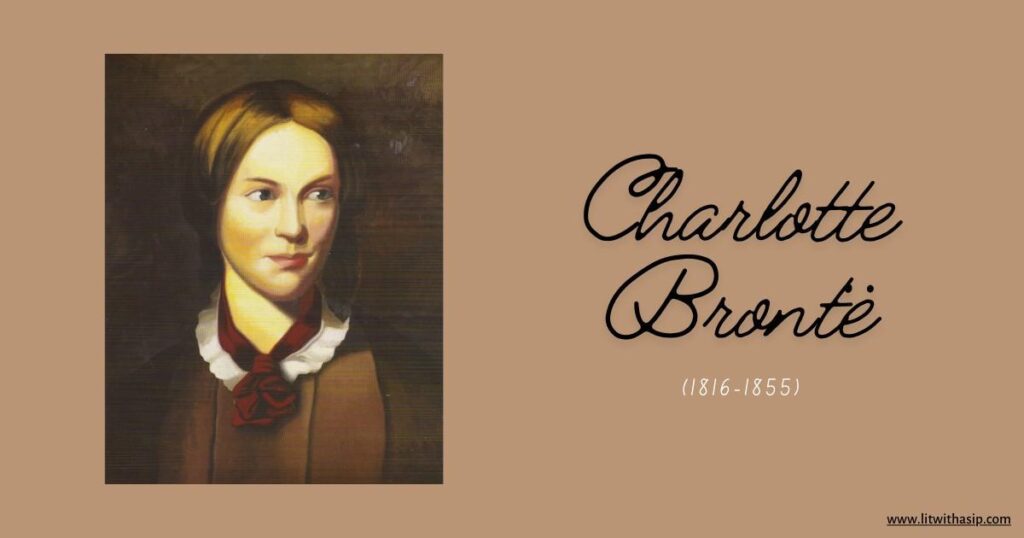
Charlotte Brontë, eldest of the Brontë sisters (the other two including Emily and Anne Brontë), is known for her important works like “Jane Eyre”, “Villette” and “The Professor”. “Jane Eyre” (1847) tends to be her most important work which she published under the gender-neutral pen name Currer Bell. It broke new ground with its strong, independent female protagonist and its exploration of complex social and psychological themes.
Brontë is known for her narrative style which is an amalgamation of gothic elements and reality. It is reflective of the way females of all ages were treated in the 19th century and what gender-centric traumas they were exposed to. Innovative and new, her narration continues to fascinate readers to date. Brontë’s works often delve into themes of women’s independence and the struggle for personal identity within societal constraints. Through characters like Jane Eyre, Brontë challenged traditional gender roles and highlighted the importance of female autonomy and self-respect. She skillfully portrays the inner lives of her characters, capturing their passions, fears, and desires with profound insight.
Brontë’s depiction of strong-willed heroines and her critique of gender inequality paved the way for feminist literature. In her works, one can easily decipher character building with women thriving through chaos and personal tragedy only to grow internal strength. Charlotte Brontë’s works have been adapted into numerous film and stage adaptations, ensuring her stories reach wide audiences and remain culturally relevant.
Emily Dickinson (1830-1886)
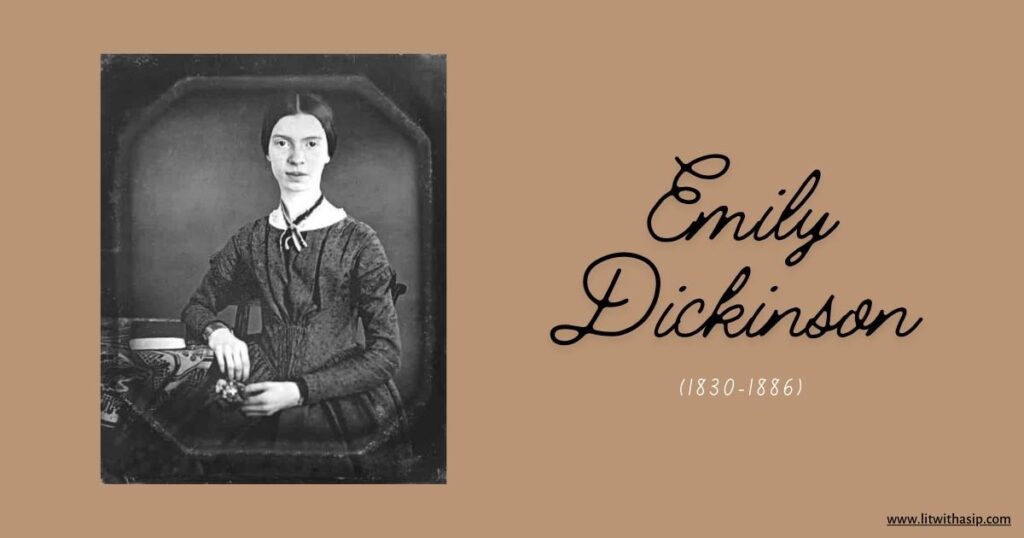
Emily Dickinson is primarily known for her poetry, her unique style of writing, and her innovative use of language. She experimented with form, punctuation, and syntax, creating unconventional and deeply personal poems that continue to captivate readers today. Dickinson’s poetry explores profound themes such as nature, death, love, and the human condition. Her work delves into existential questions and emotions with profound depth and sensitivity. Some of her most important poems include “I’m Nobody! Who are you?”, “I taste a liquor never brewed”, “‘Hope’ is the thing with feathers”, and “My Life had stood — a Loaded Gun”.
While Emily Dickinson did not experience significant external traumas in her life, she faced internal challenges that deeply influenced her work. She lived a relatively secluded life, withdrawing from society and maintaining close relationships primarily through correspondence. Her struggles with emotional isolation, existential questioning, and inner turmoil are reflected in her poetry, which often explores the mysteries of existence.
A rare and intriguing fact about Emily Dickinson is her penchant for using unusual materials for her writing. Rather than traditional paper, she often composed her poems on scraps of envelopes, chocolate wrappers, and even the backs of recipes. Her choice of unconventional writing surfaces showcases her spontaneous and creative approach to poetry, capturing fleeting thoughts and emotions in whatever materials were at hand. This unique aspect of her process adds another layer of fascination to her life and work, showcasing her poetic genius in unexpected ways.
Dickinson’s reclusive lifestyle and the mystery surrounding her personal life have added to her allure as a writer. Her enigmatic persona and the discovery of her vast body of work after her death have contributed to her mythic status.
Virginia Woolf (1882-1941)
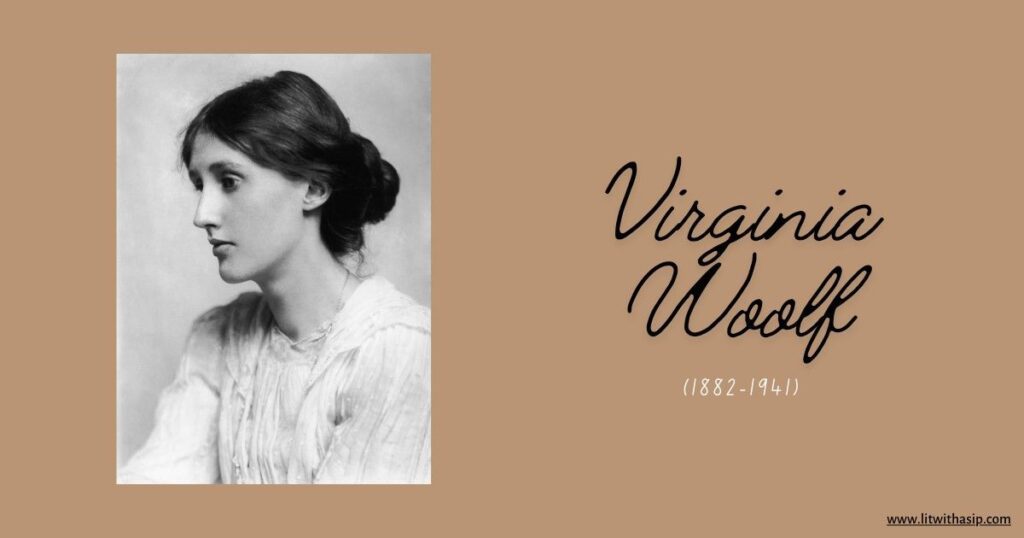
Virginia Woolf, a pioneer of the stream-of-consciousness technique in literature, focused on feminist themes, challenging traditional gender roles and advocating for women’s independence and intellectual freedom. Her essays, including “A Room of One’s Own”, became foundational texts in feminist literary criticism. Her novels “Mrs. Dalloway” and “To the Lighthouse” capture the essence and the shifting social dynamics of the early 20th century. Her keen observations of human relationships and society reflect the complexities of the modern world. Notably, Woolf was a key figure in the Bloomsbury Group, a circle of intellectuals and artists known for their avant-garde approach to literature and art.
It is said that Virginia Woolf had a unique habit of writing while standing up. Woolf reportedly composed many of her works, including her novels and essays, while standing at a specially designed writing desk. This unconventional practice was believed to aid her creative process and was part of her ritualistic approach to writing. Standing while writing allowed Woolf to maintain focus and energy, contributing to the distinctive style and innovative quality of her literary output.
Woolf’s struggles with mental health, including depression and bipolar disorder, informed her writing and added layers of emotional depth to her work. She explored themes of mental illness and psychological turmoil with sensitivity and insight. Her life story, marked by personal challenges and creative perseverance, adds depth to her literary achievements. Her commitment to pushing the boundaries of literature and her advocacy for artistic freedom resonate with readers and writers alike.
Struggling with severe depression and the fear of impending war, Woolf died by suicide on March 28, 1941. She did so by filling her pockets with stones and then walking into the River Ouse near her home in Sussex England. Her body was discovered several weeks later. Her death marked a somber conclusion to the life of a brilliant writer whose contributions continue to stand crucial in the world of literature and amongst all women writers.
Maya Angelou (1928-2014)
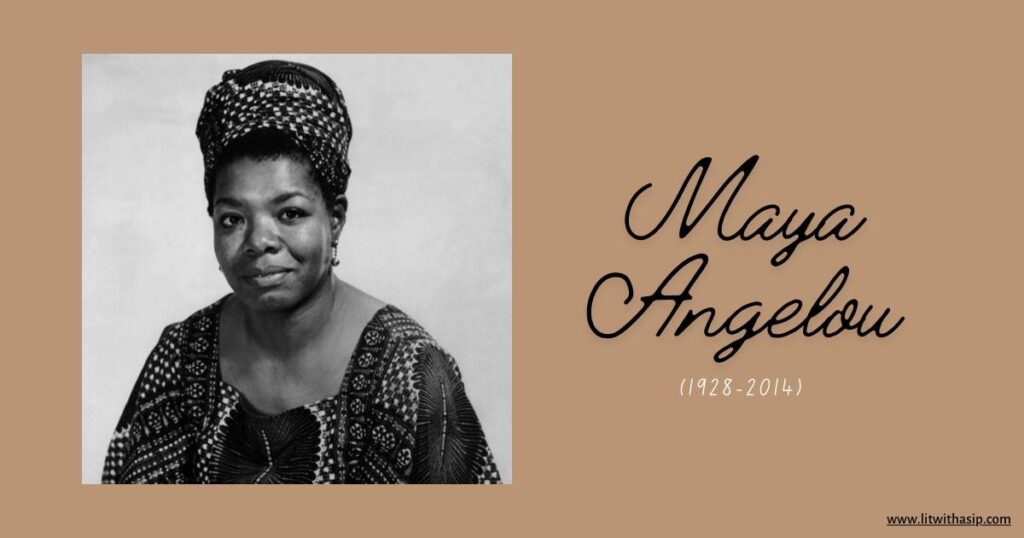
A significant black woman writer of the 21st century, Maya Angelou’s prominence is rooted in her powerful storytelling, poetic prowess, activism, and universal themes. Her childhood was filled with trauma and pathos that kept her from expressing herself for years. However, the traumatic event in her life only made her stronger and this is diligently portrayed by her in her works.
Angelou’s autobiographical writings, especially her acclaimed memoir “I Know Why the Caged Bird Sings,” explore themes of identity, race, and resilience. Her candid portrayal of personal experiences includes suffering as well as triumph and offers insights into the African American experience. Her works are celebrated for their lyrical beauty, rhythm, and emotional depth. Her poetry collections, such as “And Still I Rise” and “Phenomenal Woman,” empower and inspire readers with their themes of empowerment and self-acceptance.
Angelou was a prominent figure in the civil rights movement and used her writing to advocate for social justice and equality. Her activism and eloquence brought attention to issues of race, gender, and human rights, making her a respected voice in American literature and society. Her writing addresses universal themes of love, loss, resilience, and hope, transcending cultural boundaries and resonating with readers of all backgrounds.
As a multifaceted artist, she also excelled at poetry, prose, and performance. Her creativity can also be witnessed through her contributions to theater, films, and literature. Angelou’s life story, marked by overcoming adversity and embracing personal growth, serves as an inspiration to many. She embodied strength and resilience, using her experiences to fuel her creativity and empower others through her words.
In the end, by celebrating these women writers and their enduring legacies, we not only recognize their achievements but also acknowledge the transformative power of literature in shaping our understanding of ourselves and the world around us. Through their words, these writers have transcended boundaries, challenged norms, and enriched the global literary canon, ensuring that their voices offer strength to the coming generations.
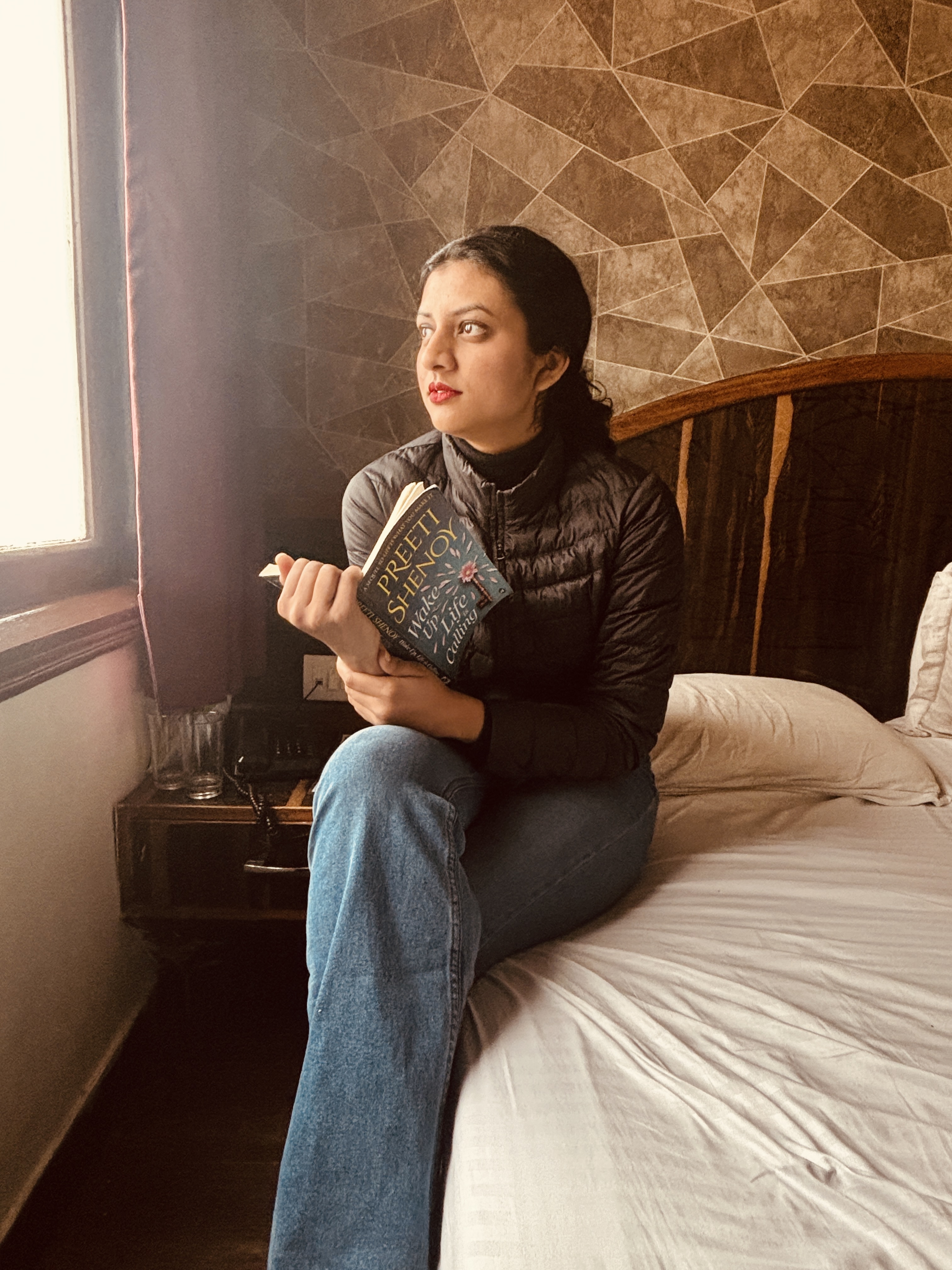
Jennis Jacob, a passionate literary enthusiast in her 20s, is a writer and poet. With eight years of experience in literature, she is currently a master in English and finds inspiration in Womanist, American, and Indian Partition Literatures. Her works have appeared in anthologies such as ‘Carved Words Of Creative Minds’ and ‘100 Splendid Voices,’ and she is working on upcoming books. Through LitWithASip, she aims to ignite a love for literature and empower individuals to embrace their true selves.


Heya i am for the first time here. I came across this board and I find It truly useful & it helped me out much. I hope to give something back and help others like you aided me.